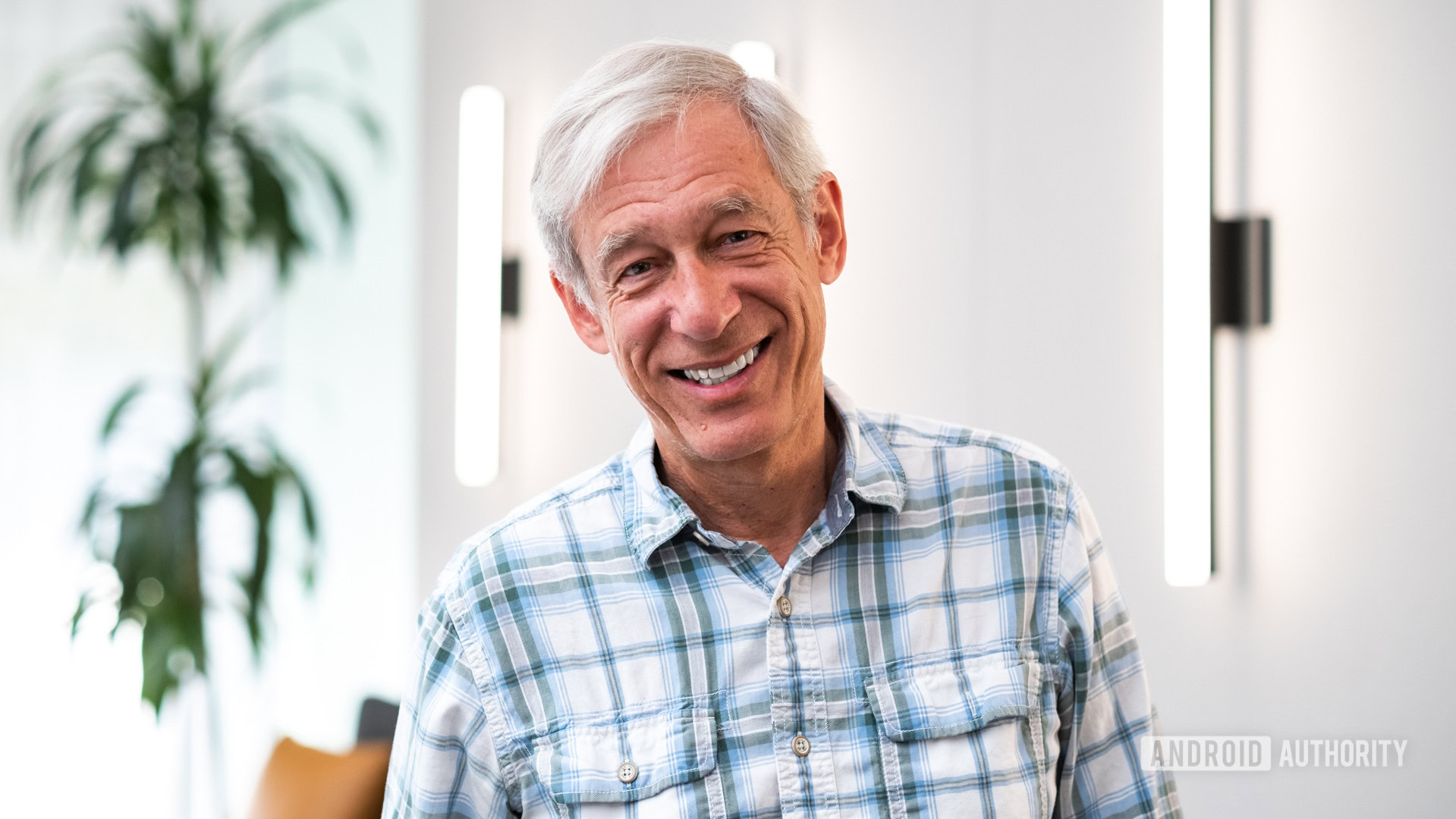Affiliate links on Android Authority may earn us a commission. Learn more.
Google's former camera chief isn't a fan of high megapixel sensors

- Google’s former camera chief Marc Levoy has conducted an interview explaining his takes on camera technology and joining Adobe.
- He thinks high megapixel cameras are a bad idea, and defended Pixels using the same sensor for years.
- He said he left Google for Adobe after dealing with “diminishing returns.”
Many phone manufacturers are eager to stuff more and more megapixels into their cameras, but don’t expect former Google camera chief Marc Levoy to be thrilled with the concept. The recent Adobe hire sat down with The Verge for an interview to explain his stances on cameras and apps, what the future of photography might be, and why he left Google.
Levoy isn’t a big fan of high megapixel cameras, as you might guess by the Pixel’s use of 12MP sensors for years. He’s not convinced it’s a good idea “due to the laws of physics” — the denser the megapixel count, the higher the signal-to-noise ratio. He was also skeptical of pixel binning, where a high-megapixel sensor combines multiple pixels to produce a lower-resolution shot. The approach makes it “harder” to de-mosaic the shot and can produce aliasing artifacts like “zippering,” the engineer said.
Accordingly, Levoy defended Google’s reluctance to change sensors since the Pixel 3. He argued that the sensor business was “fairly mature,” and that improvements tended to be “incremental.” The company might not get much more out of constantly replacing sensors, in other words.
Read more: The best Android camera phones you can get
More lenses are “potentially” useful, he said, pointing to the telephoto lens on the Pixel 4 as well as depth sensors on other phones. However, he stressed that software was also important, and that the two had to work “hand in hand.”
As for why Levoy left Google? It was a matter of “diminishing returns,” he said. There was less progress on high dynamic range (HDR) and low light photography than in the past. At Adobe, the developer hopes his universal camera app will put more control over output in the hands of users.
In the wider industry, Levoy saw video as the “next battleground.” It’s harder to use software processing given the extra computational demands, and the engineer saw phone makers depending heavily on a range of hardware, including processors, graphics systems, digital signalling chips and machine learning components. You might see big strides forward that eliminate blown-out backgrounds and other video problems.